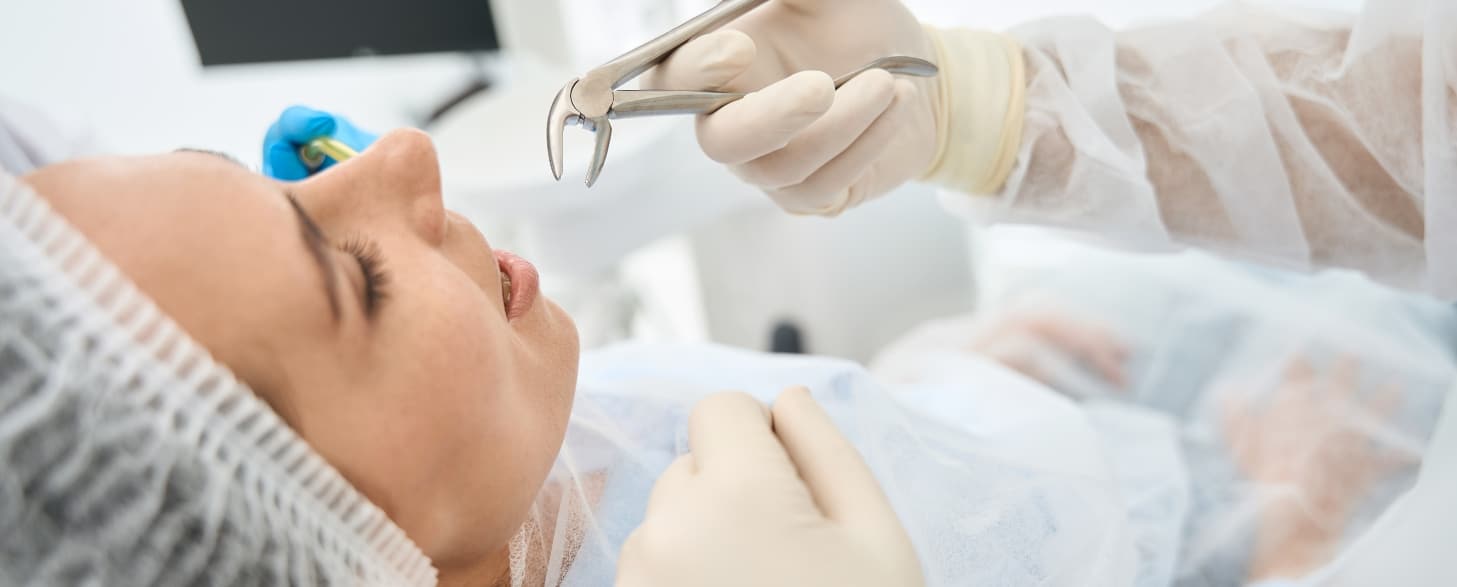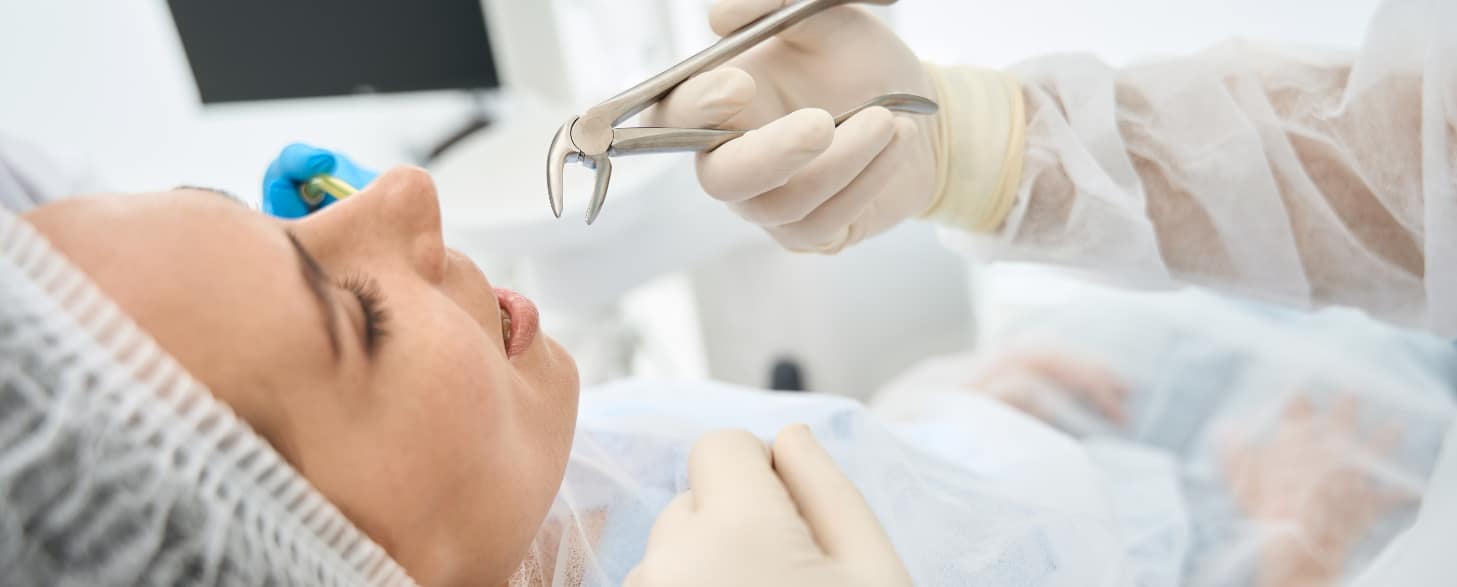Is It Okay To Smoke After Tooth Extraction?
San Antonio, TX

Getting a tooth extracted can be stressful, and for smokers, the urge to light up afterward might seem natural. But hold on! Smoking after a tooth extraction is a big no-no. It can significantly hinder your healing process and lead to painful complications. Let’s delve into the reasons why you should resist the urge to smoke and explore some helpful tips for a smooth recovery.
Why Smoking Disrupts the Process
Think of your body like a well-oiled machine. After a tooth extraction, a blood clot forms in the empty socket, kickstarting the healing process. This clot acts as a protective barrier, allowing new tissue to grow and fill the gap. Now, here’s where smoking throws a wrench in the works:
The suction act: The act of inhaling from a cigarette creates a powerful suction force. This can dislodge the delicate blood clot, exposing the bone and nerves beneath. This painful condition, known as a dry socket, can take weeks to heal and requires additional treatment from your dentist.
Harmful chemicals: Cigarette smoke is a cocktail of harmful chemicals that impair your body’s ability to heal. These toxins hinder blood flow, which is crucial for delivering oxygen and nutrients to the extraction site. This slows down the healing process and increases the risk of infection.
Weakened immune system: Smoking weakens your immune system, making you more susceptible to infections after surgery. This can lead to further complications like gum inflammation and bone loss.
Additional Concerns for Smokers
The negative effects of smoking after a tooth extraction go beyond discomfort. It can also lead to:
- Increased bleeding: Smoking thins the blood, making it harder for clotting to occur, potentially leading to excessive bleeding after the extraction.
- Delayed healing: As mentioned earlier, smoking slows down the healing process. As a result, it prolongs your recovery time and discomfort.
- Poor implant success: If you require dental implants after the extraction, smoking can significantly decrease their success rate.
Kicking the Habit, Even Temporarily, is Key
We know quitting smoking can be tough, but listen up: even a temporary break is a game-changer for a smooth and healthy recovery after your tooth extraction. Here are some tips to transform these smoke-free days into a positive experience:
Team Up with Your Dentist: They’re like your personal health cheerleader! Talk to them about your concerns and challenges. They can offer support, guidance, and even tools like nicotine replacement therapy to help you manage cravings.
Distract Yourself Like a Pro: When cravings hit, don’t let them hijack your day! Keep yourself engaged and entertained with activities you enjoy, like diving into a good book, getting lost in a movie marathon, or catching up with loved ones.
Swap Out Smoking for Something Super: Cravings got you reaching for a cigarette? Outsmart them with healthier alternatives! Chomp on some sugar-free gum, suck on a piece of hard candy, or take a refreshing walk in the fresh air. These activities not only distract your mind but also offer benefits like improved focus and reduced stress.
Consider Quitting for Good: The Ultimate Victory Lap! We get it; quitting smoking might seem like climbing a mountain, but trust us, the view from the top is incredible! This short break from smoking can be the perfect launching pad to explore resources and support groups. Empower yourself to embark on a journey towards a smoke-free life and reap the rewards of improved overall health, including a sparkling smile!
While it might be tempting to light up after a tooth extraction, it’s highly advisable to avoid smoking for at least 72 hours, ideally longer. Smoking disrupts the natural healing process, increasing the risk of complications like dry sockets, infection, and delayed healing. If you’re struggling to abstain, consider seeking support from your dentist or a smoking cessation program. Remember, a few smoke-free days can significantly improve your recovery and prevent potential health concerns.





